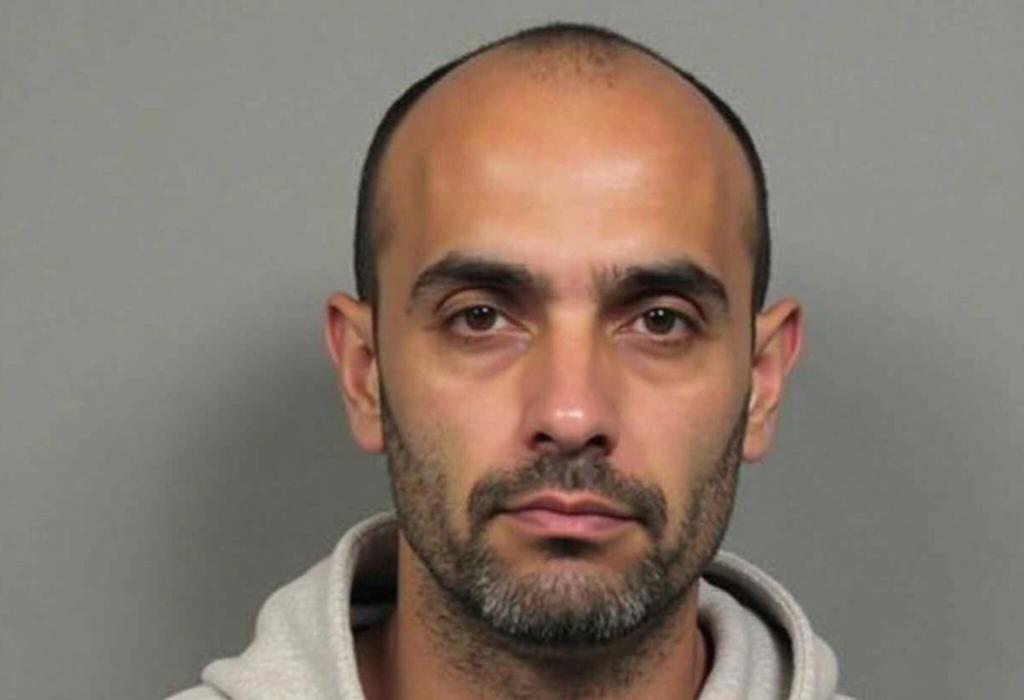Mohsen Mahdawi’s recent arrest following a naturalization interview has sent ripples through the academic and political communities. The Columbia University student, who has lived in the U.S. for over a decade, was detained by ICE agents immediately after pledging allegiance with the belief that he was taking a final step towards citizenship. Mahdawi, a Palestinian activist who co-founded Columbia’s Palestinian Student Union, asserts that his detention is a violation of his First Amendment rights and an attempt to stifle his advocacy for Palestinian rights in light of ongoing conflicts. This situation highlights broader issues regarding the treatment of activists, particularly those advocating for controversial political positions. The Vermont Senate’s resolution to condemn the manner of Mahdawi’s arrest and call for his immediate release indicates a significant political response; notably, the measure received overwhelming support from the chamber, with dissent from only Republican members.
The federal government remains steadfast in its position, citing concerns that Mahdawi’s activism undermines U.S. foreign policy goals, especially regarding antisemitism. Critics of this stance, including Mahdawi’s attorney, argue that the allegations lack substantiation and appear motivated by his outspoken views rather than any threat posed to national security. Mahdawi's case reflects a troubling trend where individuals are potentially targeted for their political beliefs, raising alarm bells about free speech, due process, and civil rights in America's current political landscape.
As Mahdawi's situation unfolds with court hearings scheduled, it remains essential for advocates of civil liberties to monitor how this case may influence the broader discourse on immigration enforcement and political expression in educational institutions. Public sentiment, heavily reflected through the Vermont Senate's actions, suggests a growing awareness—and perhaps pushback—against perceived injustices within the immigration system, particularly regarding individuals advocating for significant political changes. Amidst this turmoil, Mahdawi's statement about maintaining faith in justice resonates with many who support effective and humane immigration reform.
AD
AD
AD
AD
Bias Analysis
Bias Score:
70/100
Neutral
Biased
This news has been analyzed from 14 different sources.
Bias Assessment: The news portrays a clear bias towards Mohsen Mahdawi, emphasizing his victimization narrative and framing his activism positively, while critiquing the government's actions as unjust. It highlights political reactions and public support extensively, reflecting a focus on advocating for Mahdawi’s cause over presenting a balanced viewpoint from the governmental perspective, thus skewing towards a particular ideological position.
Key Questions About This Article




